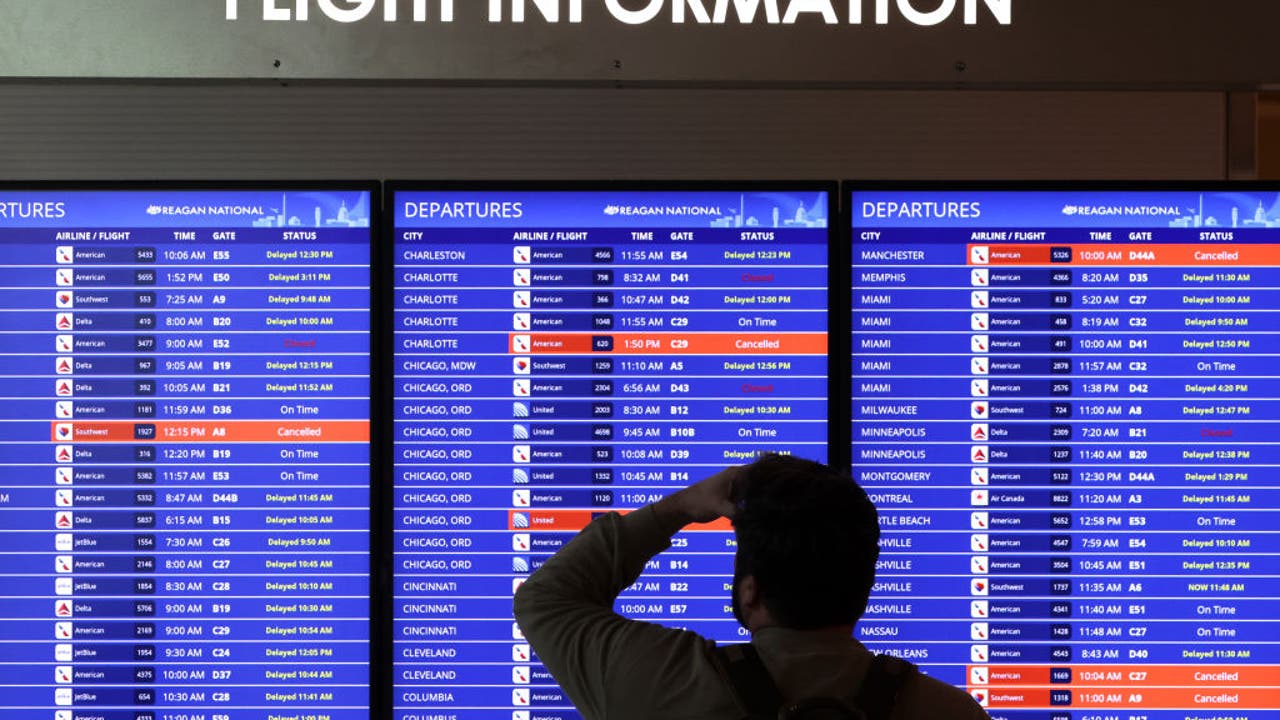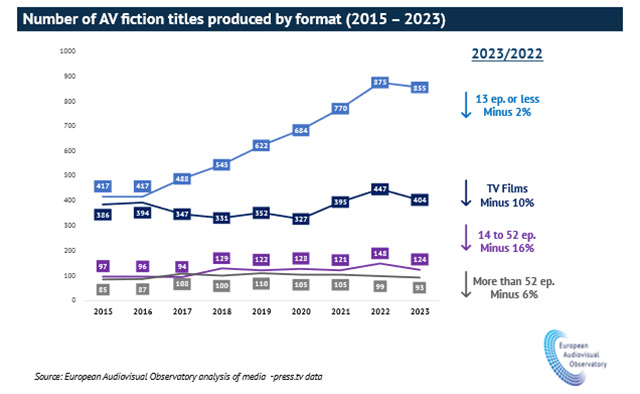World
The five worst countries in Europe for train delays – full list

British rail passengers have long had to endure the misery of late running trains and cancellations.
So common have they become that it almost seems unusual when trains actually run on time.
Data for 2023 shows that between January 1 and July 31 only 56 percent of British trains managed to be punctual and that three percent were cancelled.
Brits, though, are not ones to complain too much and bear their hardships with an admirable stoicism.
Every now and again they may even cast an envious glance across to Europe, where it is presumed trains delays are not quite as bad.
However new figures for 2023 show that many European states are increasingly unable to make their trains run on time.
Here the Express takes a look at the five worst European countries for train delays and the results may surprise some. The data for the rankings is provided by the website zugfinder.net
In fifth position is the Czech Republic, a country that has 5,863 miles of track and has the second highest density of railway in the world after Switzerland.
Some seventy six percent of trains in the country ran on time in 2023. The rail network saw 79 million passengers in the course of the year, a four million increase from 2022.
Hungary takes fourth place with 74 percent of trains running according to schedule. Bordered by seven other countries Hungary is criss-crossed by international services.
Italy comes third with just 67 percent of trains arriving on time at their destinations. Regular Frecciarossa (“red arrow”) trains, capable of 300km/h (186mph) connect Venice, Milan, Naples, Bolzano and Genova along the main ultra-high-speed west coast route.
In a surprising second place comes Germany, a country normally renowned for its precise timekeeping.
Just 64 percent of long-distance trains reached their destination on time in the country, in what is becoming a more national problem.
Deutsche Bahn said that the reason for the widespread delays was the increasing number of short-term works and repairs on the rails.
According to the rail operator’s own data, around 75 percent of all long-distance trains had to slow down for construction sites by the end of the year.
Unfortunately things do not look like getting better in 2024, with track maintenance work continuing throughout the year.
Finally taking pole position is Slovenia, where – like in the UK – only 56 percent of trains were on time.










